
BREAKING: Liz Truss has resigned as Prime Minister.
She will be the shortest-serving prime minister in history.
In a statement read outside Downing Street, Ms Truss said:
"I came into office at a time of great economic and international instability.
"Families and businesses were worried about how to pay their bills."
She said she was elected "with a mandate to change this", adding: "We delivered on energy bills."
"I recognise, though, given the situation, I cannot deliver the mandate on which I was elected by the Conservative Party," she said.
"I have therefore spoken to His Majesty the King to notify him that I am resigning as leader of the Conservative Party.
"This morning, I met the chairman of the 1922 committee, Sir Graham Brady. We've agreed that there will be a leadership election to be completed within the next week."
Ms Truss will remain as PM until her successor has been chosen.
Her resignation came just a little over 24 hours after she told MPs she was a "fighter, not a quitter".
There has been much speculation about who could replace Ms Truss, with new chancellor Jeremy Hunt one of the main names being suggested.
However, Sky News' deputy political editor Sam Coates said he has been told Mr Hunt will not stand.
Ms Truss' time in office has been dominated by market chaos prompted by the mini-budget that was announced by former chancellor Kwasi Kwarteng last month.
Despite sacking Mr Kwarteng last week and reversing almost all the unfunded tax cuts that had been proposed, the prime minister's position had continued to come under pressure.
Some Tory MPs had publicly called for her resignation, but many others had privately suggested her time was up.
While Conservative Party rules prevent a challenge in the first 12 months of a new leader's tenure, it was reported that a significant number of MPs had written to Sir Graham Brady, chair of the 1922 committee, to make clear they had lost confidence in the PM.
On Monday, new Chancellor Jeremy Hunt announced the government would be cutting the energy price guarantee back to six months from the two years previously promised and abandoning the planned 1p reduction to the basic rate of income tax.
The announcement was widely seen as the complete upheaval of Ms Truss's economic programme, central to her leadership bid.
After Mr Hunt's statement, the prime minister's official spokesman refused to deny that Ms Truss was about to resign, instead saying she was "working very closely" with the new chancellor.
On Tuesday, Ms Truss sent House of Commons leader Penny Mordaunt to answer an urgent question in the Commons tabled by Labour on the sacking of Mr Kwarteng.
Ms Mordaunt denied to MPs that Ms Truss was hiding "under a desk".
1:49
In a calamitous 24-hour period on Wednesday, Suella Braverman lashed out at Ms Truss's "tumultuous" premiership as she resigned as home secretary, after sending secure information using a private email.
Ms Braverman was the second departure from the four great offices of state within Ms Truss's first six weeks in Number 10.
A few hours later, there was mayhem in the Commons over whether a fracking vote was being considered as a confidence vote in the government and whether the chief and deputy chief whip had quit.
There was speculation that Chief Whip Wendy Morton and her deputy, Craig Whittaker, walked out after a last-minute U-turn on a threat to strip the party whip from Conservative MPs if they backed a Labour challenge over fracking.
Later, Business Secretary Jacob Rees-Mogg had to deny claims made by Labour MP Chris Bryant that some MPs were "physically manhandled into another lobby and being bullied" during the vote.
Mr Rees-Mogg told Sky News he had seen no evidence of anyone being manhandled, but senior Tory MP Sir Charles Walker said what took place was "inexcusable" and "a pitiful reflection on the Conservative Parliamentary Party".
Commons Speaker Sir Lindsay Hoyle confirmed on Thursday morning that he had asked officials to investigate allegations made about incidents in the Commons on Wednesday night.


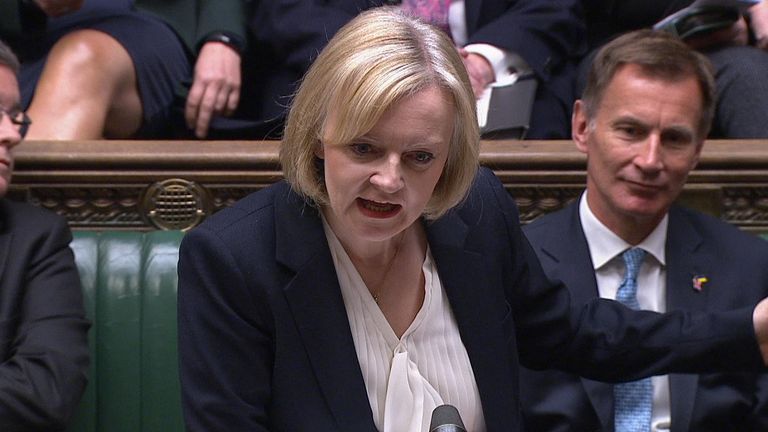 1:49
1:49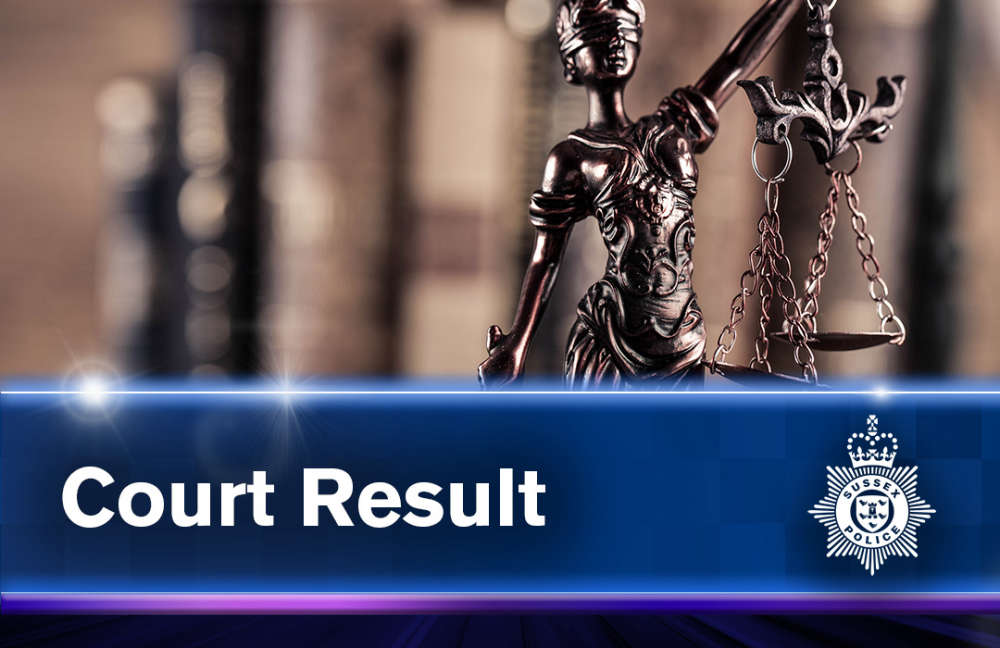 Man Admits To Damaging Cars In Bognor
Man Admits To Damaging Cars In Bognor
 Two Men Arrested In Connection With Brighton Rape
Two Men Arrested In Connection With Brighton Rape
 Appeal Following Assault In Horsham Shop
Appeal Following Assault In Horsham Shop
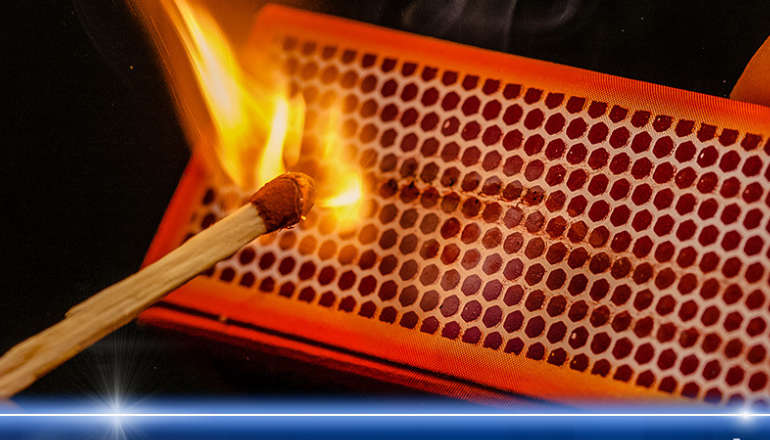 Appeal After Arson At Gym In Burgess Hill
Appeal After Arson At Gym In Burgess Hill
 Two Men Sought In Connection With Brighton Rape
Two Men Sought In Connection With Brighton Rape
 Councillors Support Baby Box Partnership With Charities
Councillors Support Baby Box Partnership With Charities
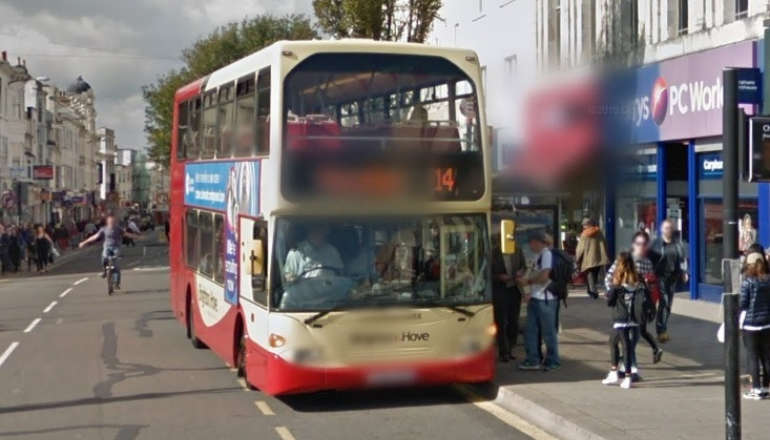 Brighton And Hove Bus Fare Cap Bid Foiled By Cost
Brighton And Hove Bus Fare Cap Bid Foiled By Cost
 New Medical Centre Scoping Exercise Agreed By Wealden Council
New Medical Centre Scoping Exercise Agreed By Wealden Council
 'Out Of This World' Ideas Put Forward For Future Of Brighton i360
'Out Of This World' Ideas Put Forward For Future Of Brighton i360
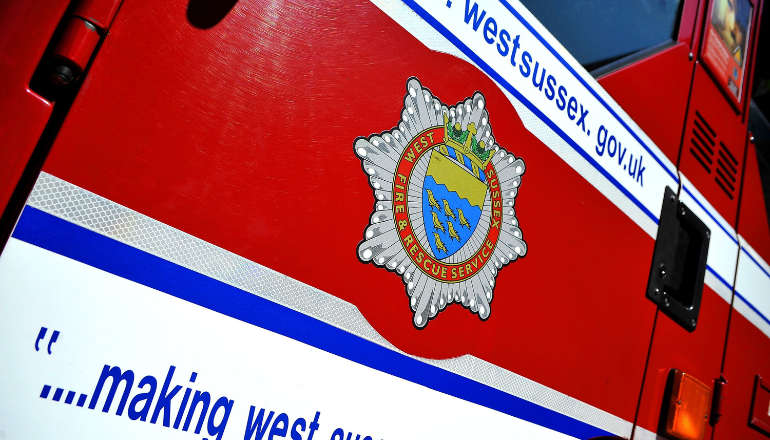 New Fire Engines For West Sussex
New Fire Engines For West Sussex
Comments
Add a comment